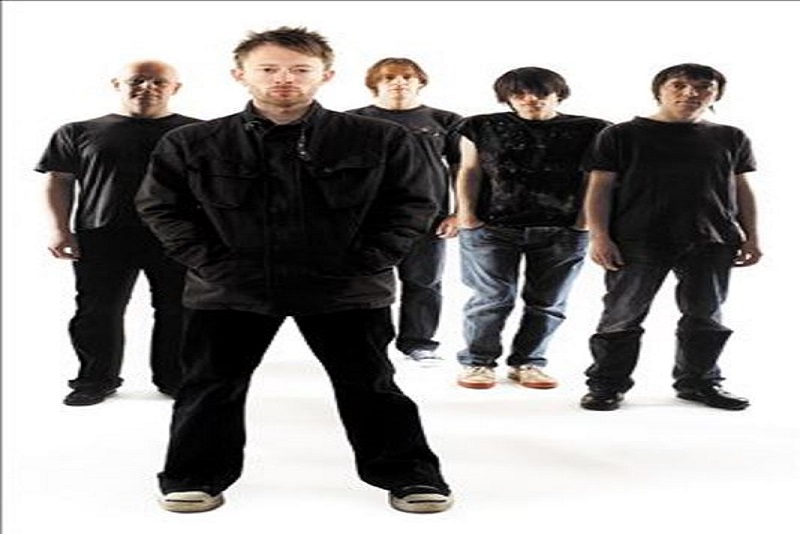The London rock band Suede took home the Mercury Music Prize, Britain and Ireland’s “album of the year” award, for its self-titled debut. It was Sept. 8, 1993. It capped a historic year for lead singer Brett Anderson and his bandmates, who in March had set a record for fastest-selling debut album in U.K. history. But the evening marked the beginning of something even bigger.After years of American grunge music riding roughshod over the British charts, Suede’s success finally gave the U.K. music press a reason to flaunt the Union Jack again. Men and women who grew up on Beatles, Kinks and Who songs were ready for their own golden era of British pop — or, perhaps more accurately, their rebuke to grunge — and record labels were more than happy to oblige. They called it Britpop, a nebulous black hole of a genre that absorbed any British accent with a guitar from 1993 through 1997.
By: Li Erjiou 121105123 Class 4
Britpop is a subgenre of alternative rock that originated in the United Kingdom. Britpop emerged from the British independent music scene of the early 1990s and was characterized by bands influenced by British guitar pop music of the 1960s and 1970s. The movement developed as a reaction against various musical and cultural trends in the late 1980s and early 1990s, particularly the grunge phenomenon from the United States. Britpop groups brought British alternative rock into the mainstream and formed the backbone of a larger British cultural movement called Cool Britannia. Although, the movement largely fell apart by the end of the decade,its most popular bands like Oasis and Blur were able to spread their commercial success overseas, especially to the United States. The Britpop had kept an everlasting and indisputable impact on the world’s music history with quite a lot those still memorizing them since then.
Over time, Britpop’s canon crystallized. A handful of elite bands (Suede, Blur, Oasis, Pulp, Elastica) transcended the tag, which lost some of its luster after Oasis released the bloated Be Here Now in 1997. Many of the musicians who climbed the charts in the mid-’90s are now essentially unknown to anyone under the age of 30. Some might argue that that’s a good thing, a karmic correction that separated worthy artists from flavors of the month.
Britpop is far from forgotten, and was the soundtrack to many of our youthful heydays. From my perspective, everyone I knew who listened to Britpop had a wide variety of tastes, and often could be found at a club dancing to all those genres he loved so well. But while I loved getting lost in a trance beat as much as anyone, I needed my beautiful melodies as well, and none did smart, catchy pop better. As one of my friend said, the stupid earnestness of most American rock didn’t speak to many of them; they needed some irony to cut the sentimental, some playfulness to balance the morose, and clever lyrics to weigh down the jauntiness.
A great time for music that has not been seen since. From indie band like Autuers and Blur, to electronic and dance acts (Saint Etienne, Chemical Brothers), Britpop was everywhere. Of course with that, bands were born into the scene, and the all-inclusive pool was quickly diluted.
That was the power of Britpop — they had complete control of Britain’s mainstream, and in 1997 they drove it into the ground. Nothing like that happened again in Britain in the wake of Britpop. We’re left with shards in the new millennium, with Radiohead and Bloc Party and Kaiser Chiefs and Editors jostling around together. And that’s before you even get to any other English imports, like Amy Winehouse or Adele. Maybe it is indeed better off this way, to have to navigate the big mess of it. After all, if you listen to all those last great Britpop albums, it sounds like universality took its toll.
Discovering more about amazing music of Britpop, http://www.allmusic.com/artist/radiohead-mn0000326249




